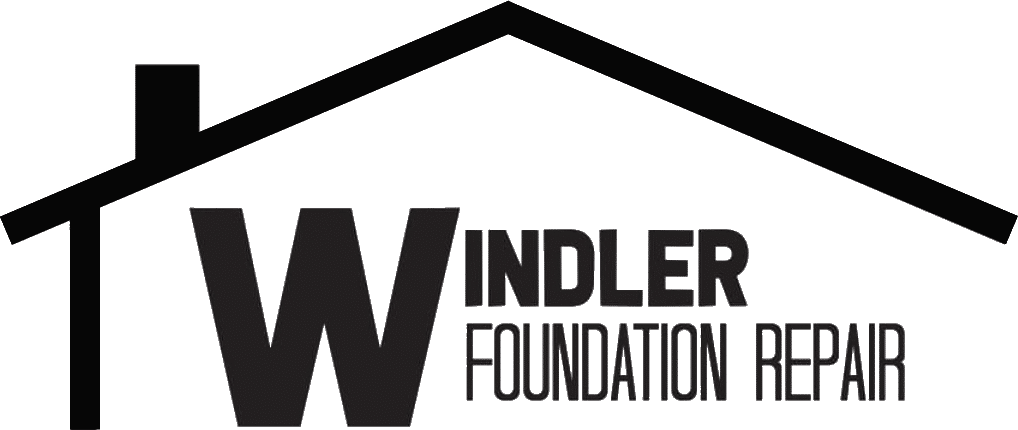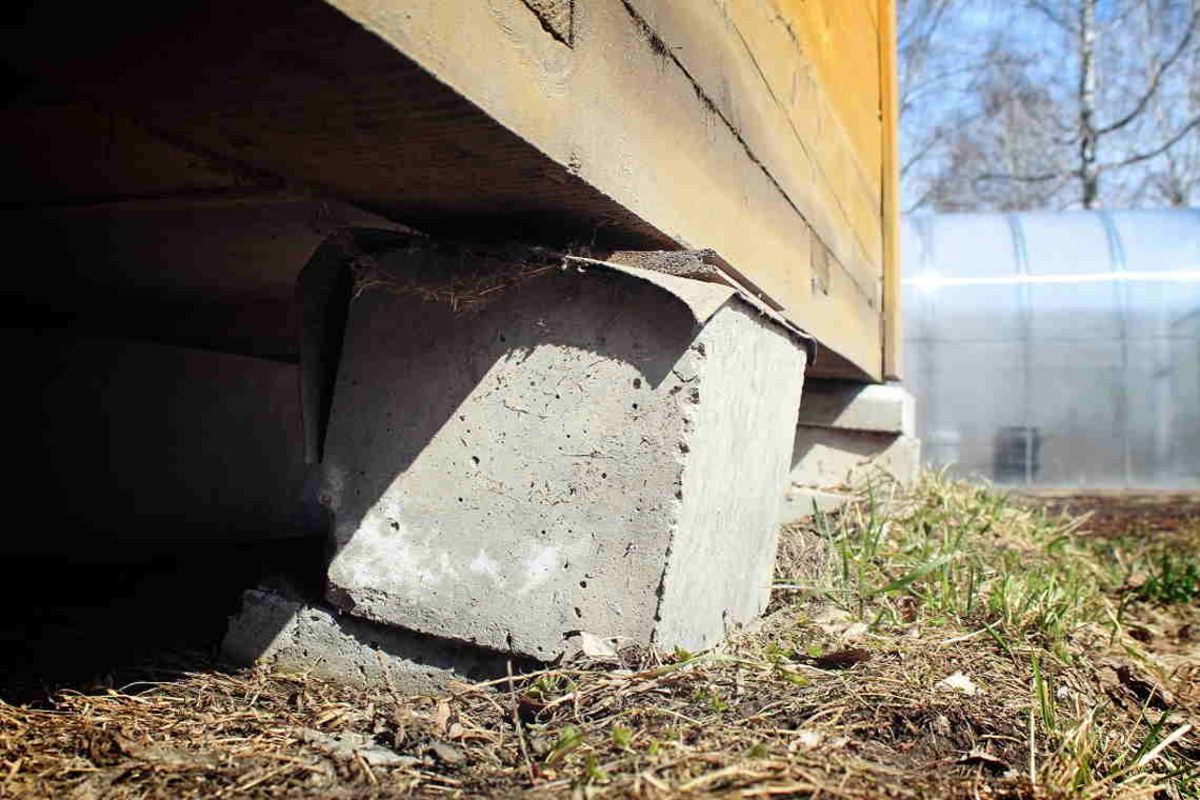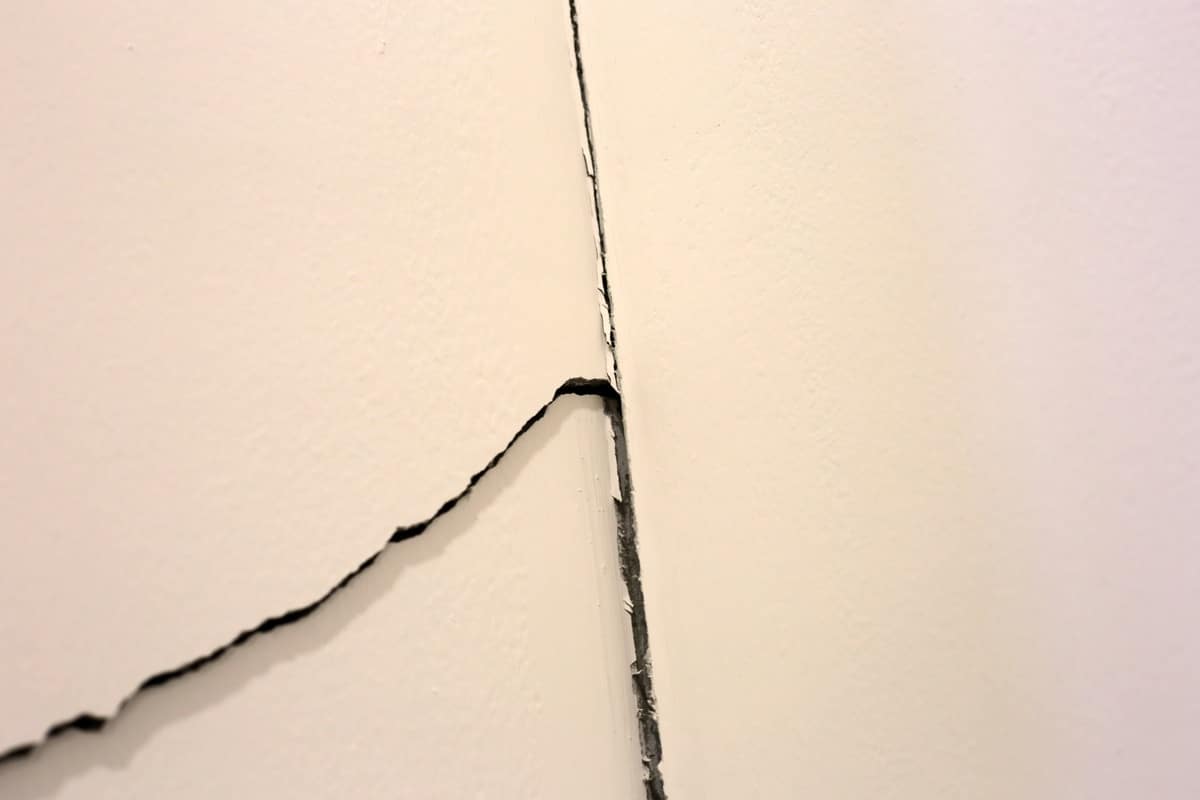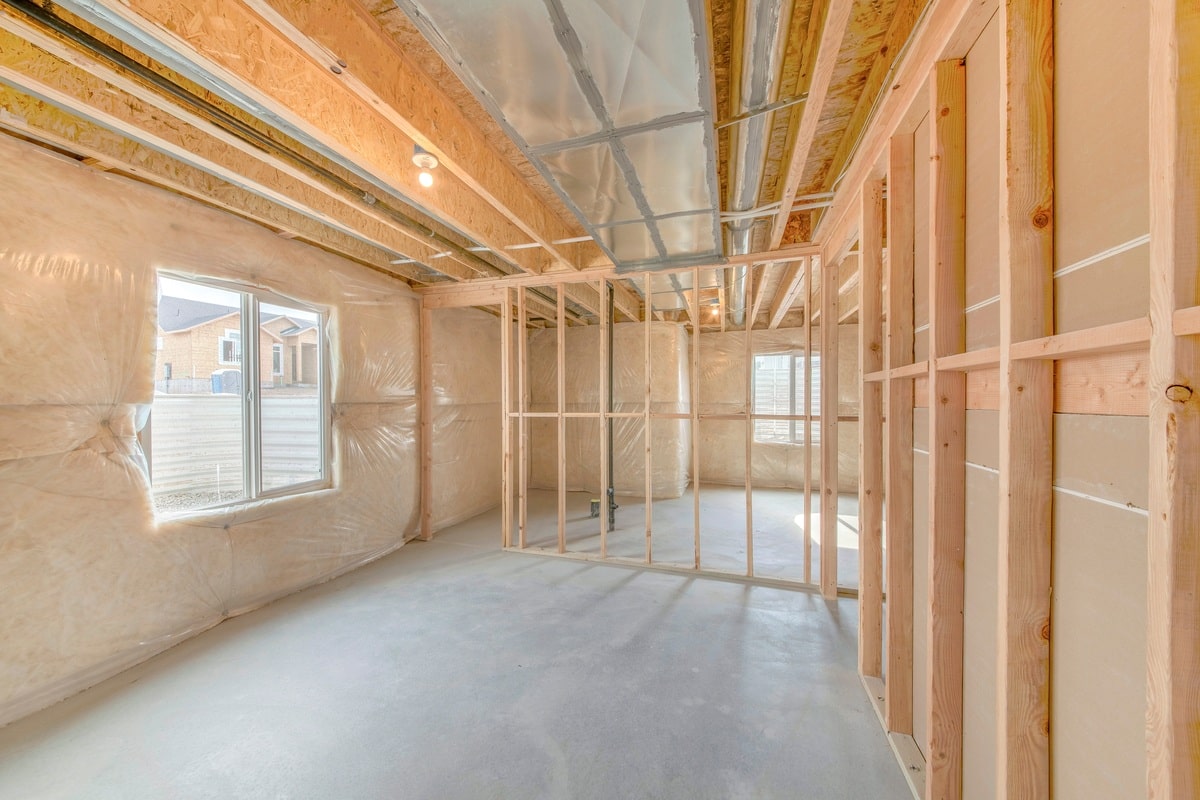Foundation issues are one of the most serious problems a homeowner can face, and the repair cost can vary widely. The total foundation repair cost depends on the type of damage, the size of the home, the soil conditions, and the repair method.
Below, we’ll break down average prices, explain what affects the cost, and help you understand what to expect during the repair process.
What’s the Average Cost of Foundation Repair?
In 2025, foundation repair typically costs between $3,500 and $15,000, depending on the size of your home and the type of repair needed. Small fixes, like minor cracks, may cost under $1,000. Major structural work, such as pier installation or full stabilization, can go much higher.
On average, most homeowners spend around $6,000 to $8,500 for a standard foundation repair. It’s important to note that no two homes are alike. We always inspect the foundation before giving an estimate.
Cost by Type of Foundation Repair
Different types of repairs come with different price ranges. Here’s a breakdown of common repair types:
Crack Repairs
Hairline cracks in concrete may be fixed with epoxy or polyurethane injections. These typically cost $250 to $800, depending on how many cracks need attention.
Foundation Piering or Underpinning
If your home is settling or sinking, we may need to install steel piers. This is one of the more expensive repairs and can cost $1,000 to $3,000 per pier. Most homes need 4 to 10 piers.
Wall Anchors or Bracing
For bowing or leaning walls, we install wall anchors or braces. These range from $700 to $1,500 per anchor.
Drainage Improvements
Poor drainage is a major cause of foundation problems. Installing a proper system, like a French drain, can cost $1,000 to $5,000, depending on your yard and home layout.
What Affects the Cost of Foundation Repair?
Several factors can increase or lower your final repair bill. We look at these details during our inspection:
Home Size and Accessibility
Larger homes or crawl spaces that are hard to reach may take more time and labor, which increases the cost.
Severity of the Issue
Minor cracks are simple to repair. Major shifts or foundation sinking will need stronger solutions like piers or anchors.
Soil Stability and Foundation Settlement
If the ground under your home is soft or unstable, it may need extra support. This means more labor and materials.
Labor, Permits, and Materials
Local building codes may require permits, which come with fees. Labor costs vary by region, and higher-quality materials may cost more but last longer.
Other Costs and Considerations
Some repairs come with extra steps or materials. These may not be included in the base price:
- New sump pump or drainage system
- Waterproofing or sealing
- Regrading the yard for better drainage
- Replacing drywall or flooring damaged by shifting
We always explain these ahead of time and build them into our estimate if needed.
Signs Your Foundation Needs Repairs
Catching problems early can save money. Here’s what to watch for:
Early Warning Signs
- Cracks in the walls or floor
- Gaps between walls and ceilings
- Doors or windows that stick
Exterior Signs
- Cracked or leaning chimney
- Separation between bricks or siding
- Uneven steps or porch
Interior Signs
- Sloped or bouncy floors
- Gaps at the top of interior walls
- Water is pooling in the basement
If you notice any of these, it’s time to call us for an inspection.
How to Save on Foundation Repair Costs
You can reduce repair costs with a few smart steps:
- Fix drainage issues early
- Watch for cracks and act quickly
- Choose a trusted contractor who doesn’t upsell
- Ask for a full inspection to avoid missed problems
- Compare estimates, but don’t just pick the cheapest one
At Windler, we explain the work clearly and give honest, upfront pricing.
Common Types of House Foundations
Knowing what type of foundation you have helps us plan repairs and quote properly:
Concrete Slab
Simple, flat slab directly on the ground. Hard to access, but common.
Crawl Space
Elevated foundation with space underneath. Good for access, but can trap moisture.
Cinder Block and Brick
Older style, often found in historic homes. Prone to cracks and movement.
Basement
Full below-ground space. Can be finished or unfinished. Often needs waterproofing too.
Pier and Beam
Raised foundation on piers. Allows for easy access and leveling.
Benefits of Foundation Repair
Repairing your foundation early comes with long-term benefits:
- Protects your home’s structure
- Prevents moisture and mold
- Maintains or increases property value
- Keeps floors level and doors working properly
- Gives peace of mind during heavy rains or droughts
Should You Repair the Foundation Yourself?
We don’t recommend DIY repairs. Foundation work is too important to risk doing it wrong. Professional tools, permits, and experience are needed for lasting results. We’ve fixed plenty of homes where DIY fixes failed and made things worse.
Are Foundation Repairs Worth It?
Yes. Foundation repairs are an investment in your home’s safety and future. Putting off needed work can lead to bigger damage and higher repair bills down the road.
If you’re unsure about a crack or shift in your home, reach out to us. We’ll give you honest answers, a clear plan, and a fair price.




